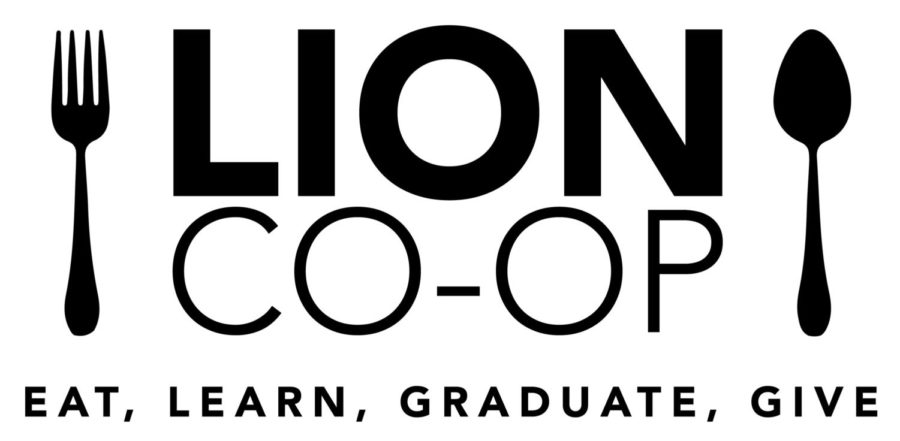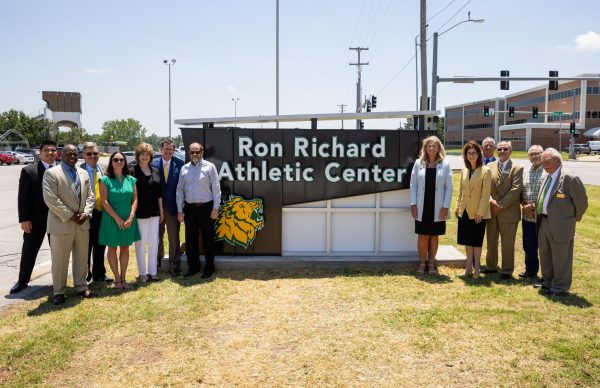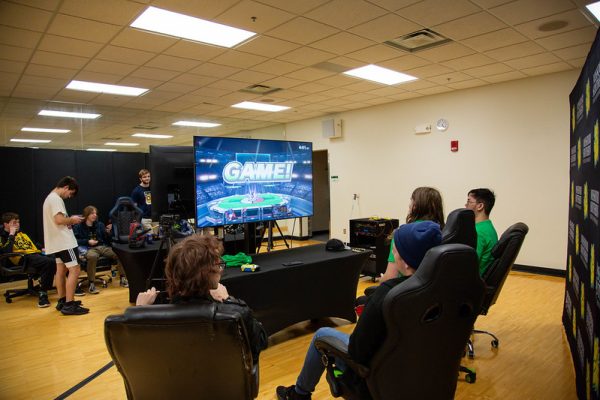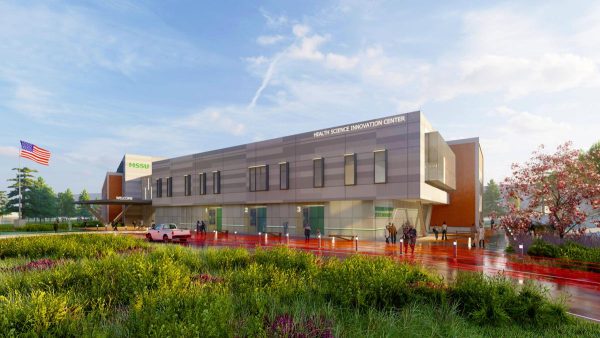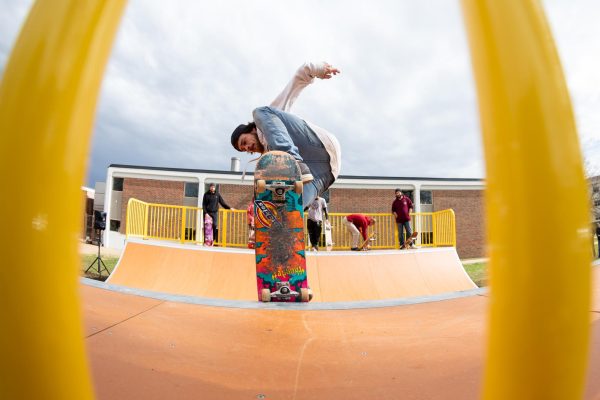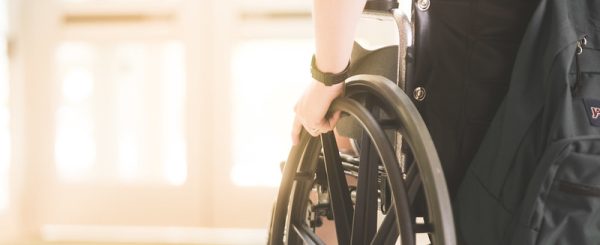Feeding the Lions: Food co-op helps students
Members of the Lion Co-op task force are working to open a pantry in the FEMA shelter before Thanksgiving in order to help faculty, staff and students with food insecurities.
“We didn’t want it to have the stigma of a food pantry– we want it to be very open and welcoming, so we thought the terminology of a co-op would show that it is a place to receive and to give,” said Dr. Andrea Cullers, physical education professor and Lion Co-op task force member.
Food insecurity can either be acute or chronic. It could be a student with a limited food plan or a faculty member who is worried about paying the grocery bill.
There will not be a limit for how much each student can take from the pantry, but participants must have an active Lion ID. The Lion Co-op will provide access to food and personal hygiene items.
“Missouri Southern is uniquely located, where there is no way to safely walk to a grocery store,” said Dr. Megan Bever, assistant professor of history and Lion Co-op task force member. “There’s a larger infrastructure problem, but it makes students who would not otherwise be food insecure food insecure.”
All types of donations will be accepted – food, personal hygiene items, financial donations and time. Students will be able to help run the pantry through a class or club.
“We already have interns working on the project and the idea is to have a place where students who want internships can get that experience,” said Bever. “The idea is that most of the work will be done by students.”
Members of the Social Work club will host a food drive starting after fall break and lasting through the first week of November.
The goal is to fully stock the pantry by setting up donation drop-offs around campus.
“We are not just trying to feed people but help them keep their dignity” said Chelsea Barks, senior social work major and co-president of the Social Work Club.
Until then, the task force is focused on getting the pantry open by installing shelves, a phone line, finding a way to keep the FEMA shelter unlocked during certain hours, and other basic logistics.
Once the pantry runs smoothly after the two-year pilot run, the long-term goals include encouraging professors to use the space to provide students with new learning experiences.
There is a lot of research on learning outcomes in food and food availability and what an impact that has on students and their success in the classroom,” said Cullers. “How much of an impact is food security on college students and their ability to stay in school and to succeed? What are the relationships between those? It would be great to learn those things.”
Cullers said the Co-op task force is hopeful this new addition to campus will make a difference for those who are food insecure and for students in the classroom.
“People come to college to improve their life and sometimes the playing field isn’t equal, and people may need some extra help and we hope this can provide that,” said Cullers.
Your donation will support the student journalists of Missouri Southern State University. Your contribution will allow us to purchase equipment and cover our annual website hosting costs.



















